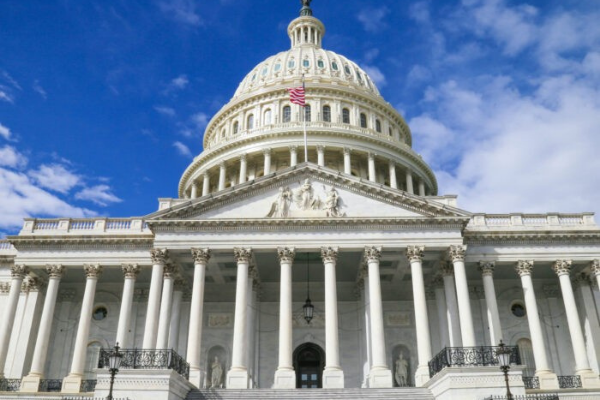
Federal lawmakers in both chambers recently took up the issue of increasing consolidation – and, with it, decreasing competition – in the health care industry. Surfaced as possible solutions were several of the Texas Medical Association’s legislative priorities, including Medicare physician payment reform.
The hearings follow the introduction of a bipartisan bill in April that would provide annual inflationary updates to the Medicare fee schedule.
Gary Sheppard, MD, an internist in Houston and chair of TMA’s Council on Socioeconomics, says the opportunity arrives after years of consistent advocacy by TMA, the American Medical Association, and others in organized medicine.
“It is significant because the [efforts Congress is] discussing … are not only bicameral but also bipartisan, which in this current legislature doesn’t happen very often,” he told Texas Medicine Today.
TMA President Rick Snyder, MD, a cardiologist in Dallas, adds that Congress established – through legislation and regulation – many of the lopsided incentives driving consolidation.
“They’re beginning to reap what they have sown, and I don’t think that they like it,” he told TMT.
The Senate Finance Committee held a June 8 hearing on the adverse impacts of industry consolidation and corporate ownership – notably, lower quality and higher costs.
“We’re holding this hearing to examine whether these practices are hotwiring our health care system to favor mega corporations at the expense of the patients and taxpayers,” Chair Ron Wyden (D-Oregon) said in his opening statement.
Sen. Mike Crapo (R-Idaho), who serves on the committee, advocated for Medicare physician payment reform as a necessary part of any legislative solution.
“Efforts to curb consolidation must … address our unsustainable Medicare physician payment system, which has prompted waves of retirements and made independent practice untenable for far too many frontline providers,” he said.
Shawn Martin, CEO of the American Academy of Family Physicians, who testified before the committee, and Sen. John Cornyn (R-Texas), who is a member of the committee, acknowledged that the current payment system encourages consolidation and therefore must be changed.
“We must realign incentives to enable successful, community-based, clinically autonomous primary care practices,” Mr. Martin told lawmakers.
The House Ways & Means Committee Health Subcommittee hosted a May 17 hearing on many of the same topics.
Rep. Vern Buchanan (R-Florida), chair of the subcommittee, called for bipartisan action, such as a shift to site-neutral payment, which would ensure Medicare payments are standardized regardless of whether services are provided at a physician office, hospital, or other facility.
“We all want to preserve and promote access to high-quality health care for all Americans, but Congress has looked the other way too long, and we can’t let this continue,” he said.
Rep. Lloyd Doggett (D-Texas), who serves on the subcommittee, pointed to consolidation among pharmacy benefit managers (PBMs) as an obstacle to “good, old-fashioned American competition” and yet another area in need of reform.
PBMs administrate drug programs for health plans. The top three PBMs control roughly 80% of the market and are vertically integrated with insurers, which Representative Doggett says sparks concerns of monopolization and oligopolization.
Dr. Sheppard agrees that a multi-pronged response is needed – one that folds in Medicare physician payment reform, site neutrality, and other changes – to disincentivize consolidation, preserve independent practice viability, and ensure patients have options when seeking care.
“The fact that you are losing physicians in private practice because they can no longer afford to be in private practice means that they have to pivot and choose to become employed, retire earlier than planned, or work in non-patient care arenas,” he said.
“I’m just happy that, finally, somebody has decided to … look into this after we have been beating the drum for so long,” he said.
For more information, check out TMA’s federal advocacy webpage.